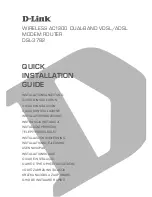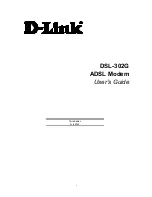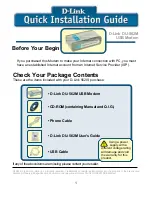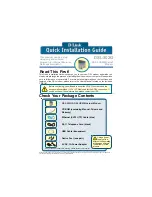
INSYS GSM 4.3 easy
General
The following object instances can be monitored:
Digital inputs
Digital outputs
Digital registers
Analogue inputs
Analogue outputs
Analogue registers (byte registers, word registers, double word registers)
Current program cycle time
LED state for Moeller easy MFD
The fault message consists of one text, which is permanently allocated to the value to be
monitored. Up to 10 object instances can be monitored altogether.
The fault message can be sent in the following format:
Via SMS to a mobile phone
Via SMS to a fixed network telephone (depending on the provider)
Via SMS to a FAX device (depending on the provider)
Via SMS to an E-mail recipient (depending on the provider)
2.1.1
Remote Control via Mobile Phone or Data Connection
Independent from automatic monitoring, various information regarding the current
condition of the easy device can be read or set via SMS or a GSM data connection:
easy status (RUN/STOP/ERROR). The easy status can also be changed from RUN
to STOP or vice versa.
Monitoring of the easy object instances. This message can also be performed
automatically (refer also to the Functional Description section).
Setting of the easy object instances. This can be done from a mobile phone or
via a dial up connection. It will enable you to intervene actively in the process of
the easy control program.
2.1.2
Remote Programming via Data Connection
A dial up connection is established with the help of the dialling program “INSYS Connect”
for the remote programming of the easy device. The supplied program “EASY Soft” by
Moeller is used to program the remote easy device. The INSYS GSM 4.3 easy serves as
remote terminal of the dial up connection and forwards the data transparently to the
Moeller easy device.
2.2
Possibilities with the Preceding Version INSYS GSM
The possibility to control the alarm inputs of the INSYS GSM with pulses, thus triggering
up to 20 fault messages, has been implemented into the device series INSYS GSM and
can still be used. This possibility is not tied to a device and can therefore be used for all
kinds of control types.
7








































